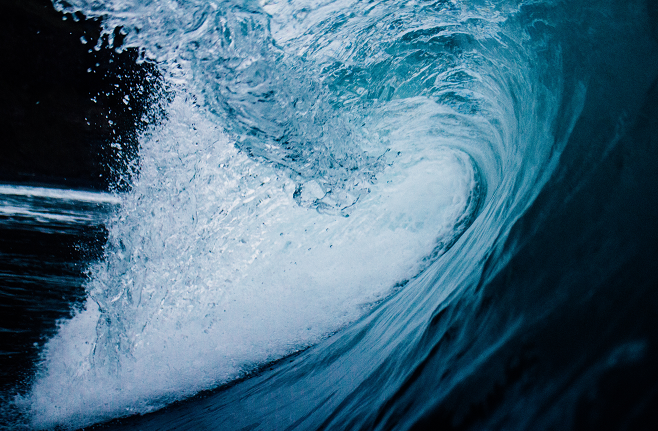Launch of ‘first aid kit’ for ocean reframing

Our future depends on a healthy ocean. It plays a critical role in climate regulation, food provisioning and people’s livelihoods. But sadly, we see too little public understanding of why a healthy ocean matters and who needs to do what to steward its recovery. To improve the ocean’s prognosis, we need fresh approaches to communicating marine issues. That’s why at the Calouste Gulbenkian Foundation (UK Branch) our Valuing the Ocean strand has been exploring the power of framing messages to create a new ‘sea story’.
To improve the ocean’s prognosis, we need fresh approaches to communicating marine issues.
Increasingly, campaigners and communications experts from a range of fields are reframing dominant narratives to influence mainstream culture and behaviour. Framing means making choices about what to say and how to say it. Our 2018 Reframe event, co-hosted with the Comms Lab and the Environmental Funders Network, explored how communications professionals can shape frames and shift culture for a better world. The event showcased tried-and-tested framing successes, such as Joseph Rowntree Foundation’s work on reframing poverty.
In 2017, the Foundation published Getting Below the Surface, a ground-breaking report from the FrameWorks Institute into how the public thinks about the ocean. Turning the Tide builds on insights from this work and on new research to provide a ‘first aid kit’ for ocean reframing. It sets out strategies to deepen public understanding of ocean health and build support for the systemic solutions that can treat it and aid its recovery.
The overarching strategy that the Turning the Tide report recommends is the concept of ocean health combined with an emphasis on temporal change – the ways in which the ocean was different in the past and will change in the future. An accompanying framing guide helps turn the report findings into clear communications dos and don’ts.
The framing guide sets out clear communications dos and don’ts
To tell the Changing Health story, communicators need to:
- Establish that the ocean has health. Health language and body metaphors establish that the ocean can change. It helps people understand the role of the ocean in our planet’s ability to function. It reveals how disruptions to the ocean’s health can cause wider harm.
- Turn to the future to increase people’s sense that there are actions we can take to heal and take care of the ocean.
- Explain how the ocean’s health has worsened over time, specifying impacts and consequences.
We hope these findings and the strategy that emerges from them will encourage members of the field to use the framing ‘first aid kit’ to help improve ocean literacy and restore the health of our ocean. We are continuing to work with NGOs and ocean communicators to establish how we can best support the embedding of these tools in practice.
Turning the Tide report Reframing the Ocean: A FrameWorks Guide
